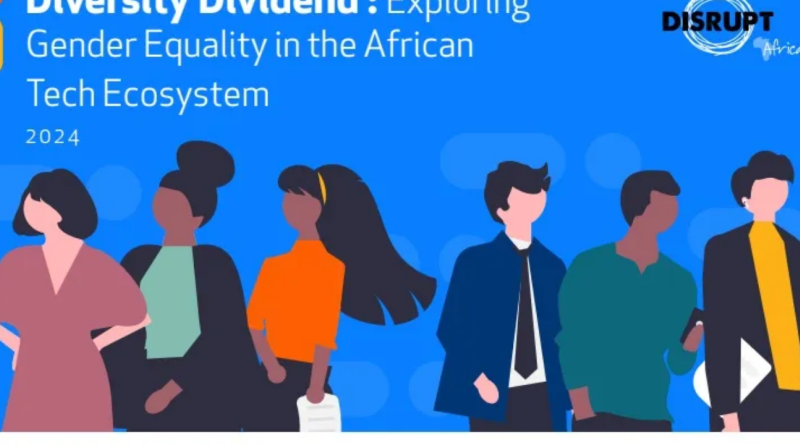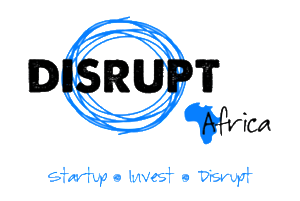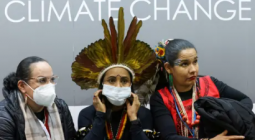Steady growth in female leadership of African tech startups – report

The level of representation of women within the leadership of African tech startups has increased over the last year, but there is plenty of work to be done before true gender equality exists in the space.
The second edition of “Diversity Dividend: Exploring Gender Equality in the African Tech Ecosystem”, Disrupt Africa’s annual deep-dive into the state of gender diversity in the African startup and venture capital ecosystems, is powered by Madica, an Africa-focused pre-seed investment programme dedicated to empowering underrepresented and underfunded mission-driven founders.
The report, which also counts Goodwell Investments, SAIS powered by GIZ, and the International Trade Centre’s NTF V programme among its partners, has tracked measurable progress from a gender diversity perspective over the last 12 months, yet what has been achieved can still only be characterised as “baby steps” given the significant disadvantage women face within the ecosystem.
Of the 2,786 startups tracked for the purposes of the publication, 483 (17.3%) had at least one female co-founder. While still a very low number, it represents growth on 2023 figures, when only 350 startups – 14.6 per cent of the total – had a woman on their founding team.
There has been growth, too, when it comes to women filling the CEO position at African tech startups. Of the companies tracked for the report, 310 (11.1%) had a female CEO, an improvement on 230 (9.6%) in 2023.
“While it is clear from the data that African tech remains very much a male-dominated landscape, there are positives to be drawn from the growth in female leadership we have seen over the last year, however small. That said, much serious work still needs to be done in order to get women anywhere near parity from a leadership perspective within the space,” said Gabriella Mulligan, co-founder of Disrupt Africa.
Gender diversity, as you would expect, varies significantly from country to country, but no one market has more than 24 per cent of its startups counting a female co-founder or CEO amongst its founding team. Generally, in markets with enough tracked startups to discern any trends, the smaller ecosystems outperform the larger ones from a diversity perspective, with greater ratios of female leaders in markets such as Zambia, Rwanda, and Senegal than in traditional hotspots such as South Africa, Nigeria, Egypt and Kenya. That said, compared with the 2023 data, the leading African startup ecosystems have closed the gap with their less-established counterparts.
Nigeria saw female representation within founding teams grow to 20.7 per cent from 16.5 per cent, while the percentage of startups with female CEOs increased to 12.1 per cent from 10.8 per cent. In South Africa, the percentage of startups with a female co-founder grew to 18.1 per cent from 13.6 per cent, and the percentage with woman CEOs to 11.6 per cent from 8.8 per cent. In Kenya, female representation within founding teams hit 20.6 per cent, having been 16.6 per cent a year ago, while the percentage of ventures with female CEOs was up to 14.1 per cent from 11.2 per cent in 2023. Such solid improvement in diversity was not to be found elsewhere.
When it comes to sectors, the best performing verticals within the African tech startup ecosystem from a diversity perspective are legal-tech, e-health, e-commerce and retail-tech, ed-tech, and recruitment, but as with countries, even the best performers tend to be in the low-twenties percentage-wise.
Fintech, by far the leading vertical in terms of number of startups, and indeed investment, performs relatively poorly, with just 15.7 per cent of fintech ventures having a female co-founder and only 8.3 per cent having a woman CEO.





